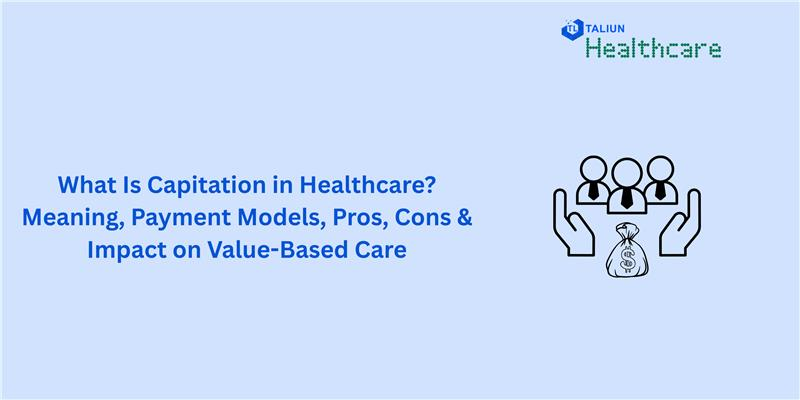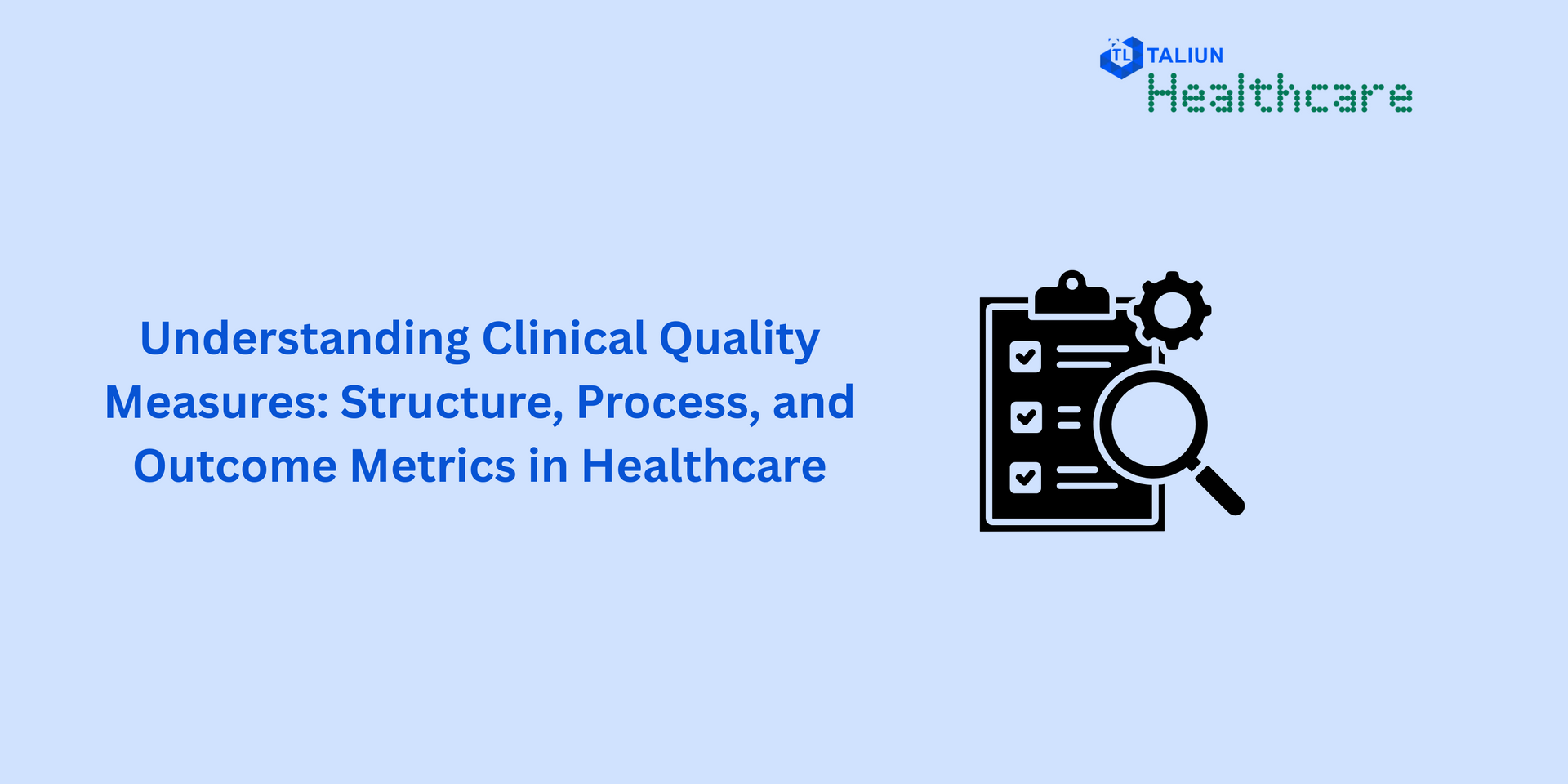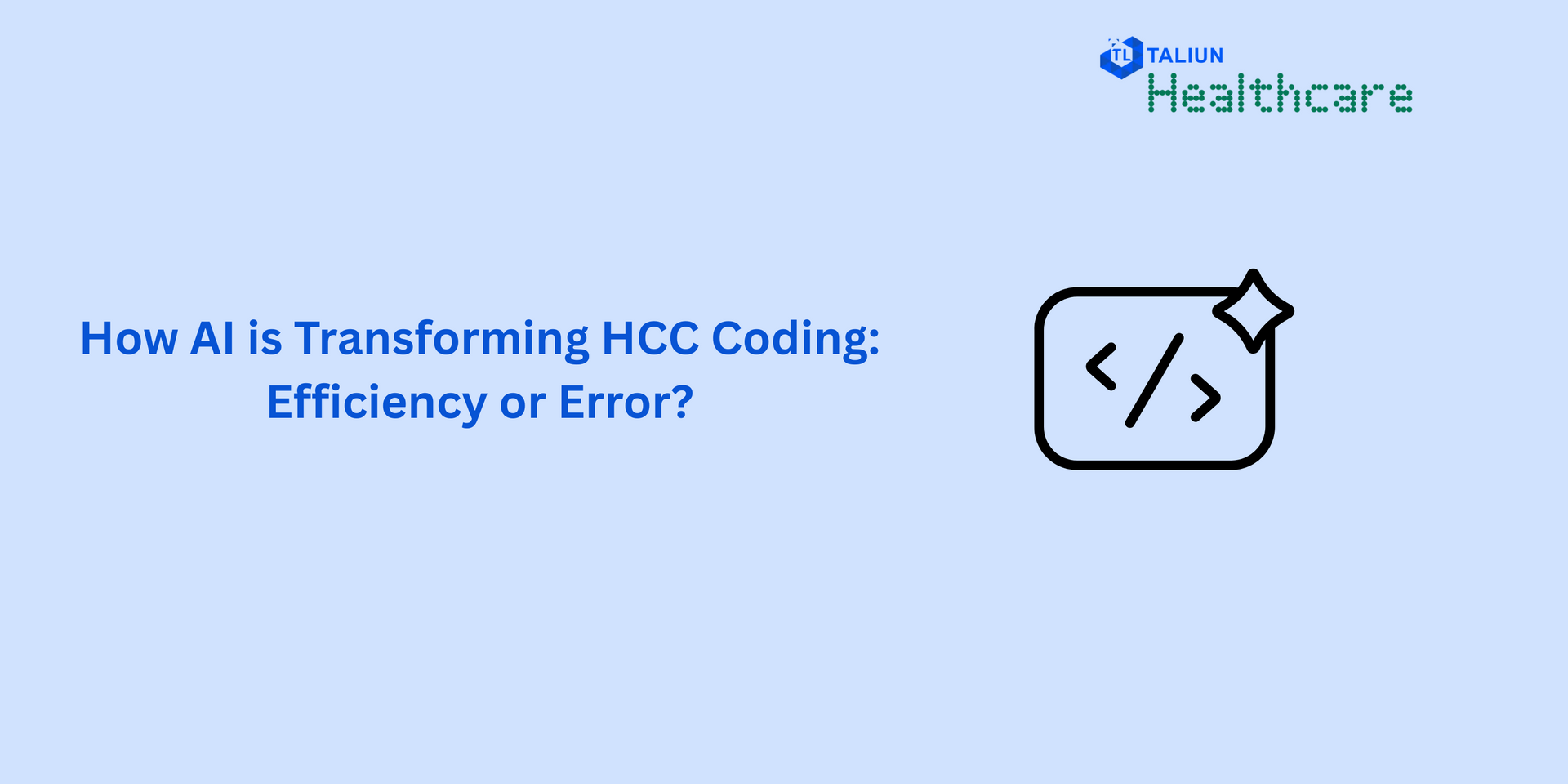Three Opportunities In Health Care For Tech-Focused Entrepreneurs

Health care is one sector wherein the application of technology has been gaining pace. If you work in business development at a tech company and want to invest in something that could create a great advancement for the future of your business, then the health care sector could be a great choice for you.
As a business development executive, I’ve worked on developing solutions using data analytics and artificial intelligence (AI) in the health care and life science industries, and my company also operates in this space. The following are three great opportunities I see in the health care sector for technophilic business leaders who are looking to develop new technologies or apply their current ones in a new industry.
Data Analytics
Health care produces a huge amount of data, including protected health information (PHI), data from medical devices, information contained in electronic health records, administrative data, claims data, information contained in patient health surveys, and clinical trials data.
These data could be handled best through the use of the latest techniques of data analytics. According to a 2014 report, the application of data mining in particular in the health care sector could save around $450 billion each year for the U.S. health care system.
In the near future, I believe that health care data will show a great deal more complexity that requires the latest technology in order to deal with it appropriately, which is where your business can capitalize. Business leaders can solve many problems in the health care space by creating data analytics solutions. For example, if your company works in data analytics, you could leverage data to improve preventive maintenance for medical device companies: They can use the data to know if the equipment is faulty and what kind of engineer to send for fixing different types of equipment. Other use cases could be around streamlining data for clinical trials and recruiting the best candidates for clinical trials, among many other use cases.
Data interoperability is another huge challenge I’ve identified in the health care ecosystem where, for example, PHI may not be available to all bodies, especially those who are working on the research and development of drugs and the prevention and treatment of diseases. After examining the way data moves between the various entities, like pharmacists, doctors, hospitals and insurance companies, business leaders and entrepreneurs can come up with a solution with the help of their data analytics team that can better address this challenge.
AI-Based Health Care Systems
Artificial intelligence is gaining a lot of significance in the health care industry. It has been explored for use in processes such as prognosis and diagnosis (via New Scientist). In the near future, I predict that there will be more opportunities to use AI for a number of diseases.
Health-tracker systems like those in the Apple watch (which recently incorporated an EKG), as well as applications such as virtual nurses, are two systems developed using artificial intelligence that are using data and AI to support patient health.
There are many areas in which business leaders can leverage AI in health care — whether through new product development or by leveraging their existing offerings — like creating AI bots for booking appointments and AI-based systems that take care of paperwork-based processes, identifying abnormalities in cardiovascular diseases and investigating ways to create assisted or automated diagnosis and prescription.
There are several weaknesses or challenges in AI systems that business leaders can look to improve upon to create a place for themselves in the health care space. For example, how can you solve the problem of exception management or streamline processes to improve the long time it takes to perfect new AI models? Business leaders can solve these problems by developing next-generation technologies. Various health care based, purpose-built AI solutions like the ones above are already contributing in various areas of health care. Additionally, general technology solutions across industry solution providers — like the ones you might already be offering at your AI company — can also be relevant to the health care industry if you can adapt them to the compliance needs of the health care industry, like HL7’s FHIR standards for interoperability, HIPAA, and so on.
Telehealth And Telemedicine
Telehealth is the use of the latest communication-based technological advancements for the purpose of providing access to health care services. It uses the latest technologies, such as mobile applications for the purpose of connecting patients with doctors and nurses. According to one 2016 report, studies analyzing telehealth estimated the cost savings from these programs to be anywhere from 17% to 75% compared to traditional systems (although it noted that the available research was insufficient). Business leaders in the mobile space could create applications to improve upon the current offerings or to improve access to medicine.
Telemedicine has a lot of tech play: This technology-based communication is a big winner and leaders looking to apply their offerings in the health care space can leverage more and more intelligent technology like AI and machine learning (ML) to provide better services.
One of the main weaknesses I’ve encountered is the quality of the internet available, which could affect communication. Telehealth and telemedicine are highly dependent on Wi-Fi for communication. One tip to differentiate your offerings in this space is to make telehealth and telemedicine software applications lightweight and also mobile friendly. If possible, a native mobile experience could help a lot. Also, business leaders can look at partnering with local internet service providers (ISPs) to enhance the experience. Business leaders and entrepreneurs can look at striking a deal with internet providers and creating some sort of joint investment partnership to bring strong internet connectivity to remote areas.
Joining or creating “internet everywhere” programs like World Wi-Fi Day and Facebook’s Internet.org to help spread the power of the internet everywhere — even to remote places — could help push this technology to the remotest of the places.
Originally posted on Forbes by Mehul Agarwal







